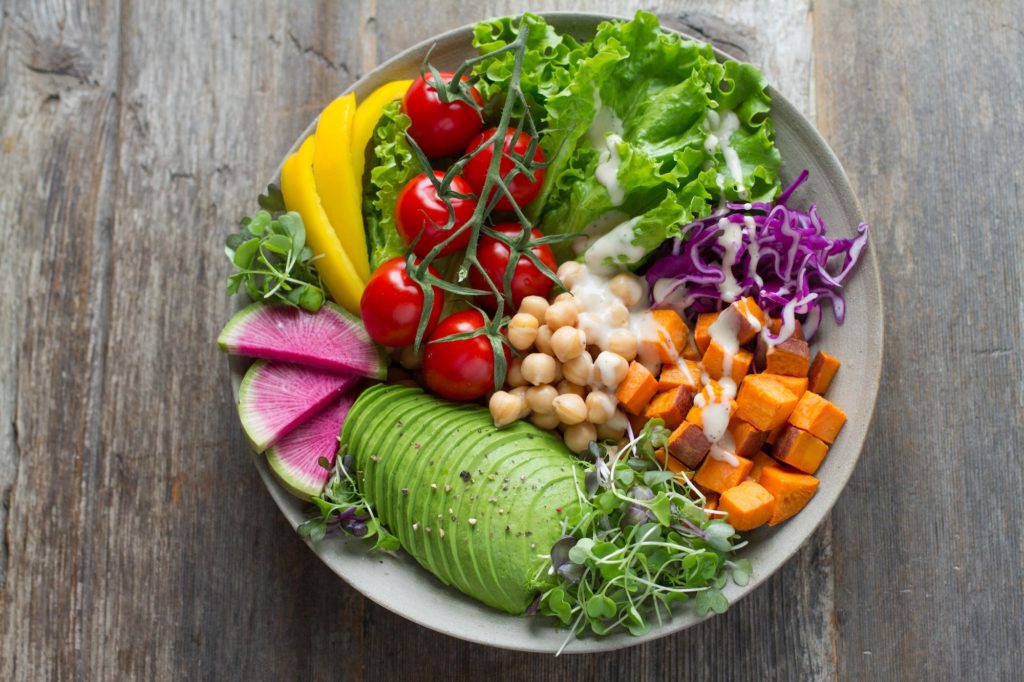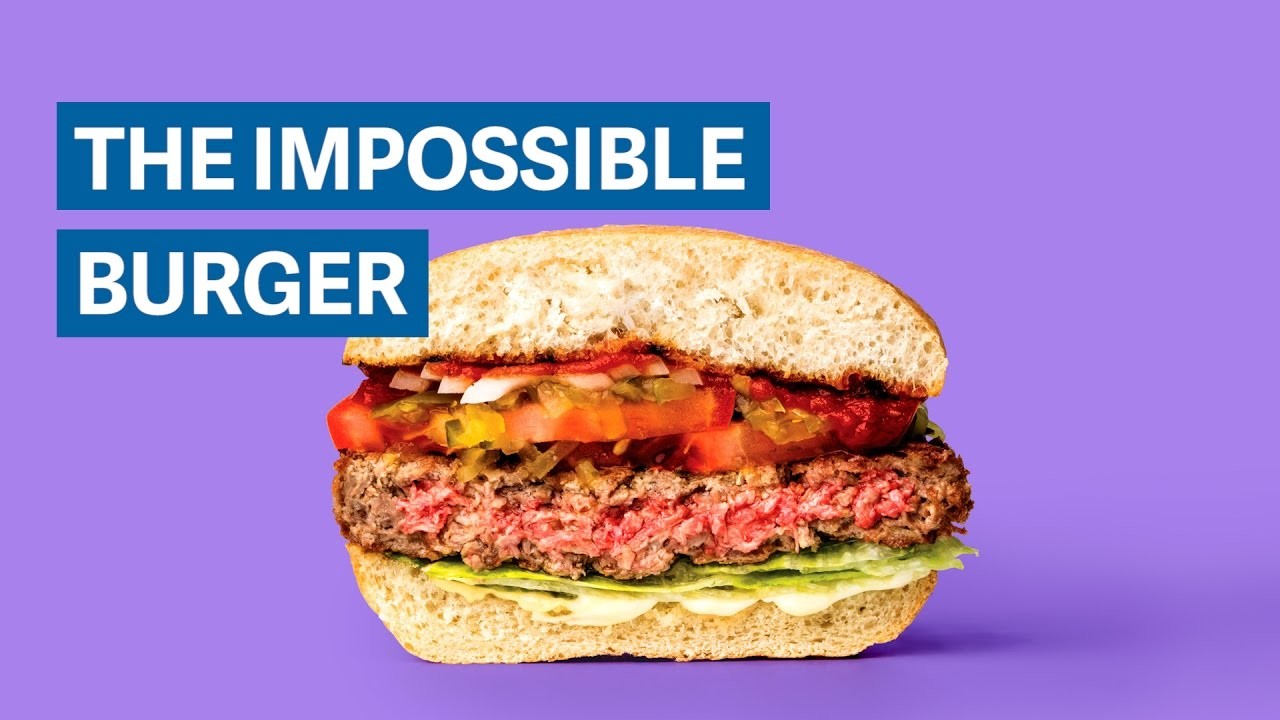Thanks in part to the internet, veganism is currently having its moment. From documentaries like Cowspiracy and Forks Over Knives to news about vegans protesting meat-serving restaurants to celebrities like Brad Pitt and Beyoncé touting the benefits, it seems like everyone’s talking about the plant-based diet.
If you’re thinking that plant-based eating is more of a fad than a movement, it might be time to reconsider. Although this lifestyle isn’t quite mainstream, global demand for plant-based foods is rising.
According to a report by research firm GlobalData, there has been a 600% increase in people identifying as vegans in the US in the last three years. Look beyond the borders of the United States and you’ll find more folks who favor a plant-based diet too.
For example, in the UK, the number of people identifying as vegans has increased by 350% over the last decade. Veganism was Canada’s top search trend in 2017. And in China, the government’s newly released dietary guidelines call on the nation’s 1.3 billion people to reduce their meat consumption by 50%.
With more consumers trying out and becoming converts to a meat-free diet, Big Food has taken notice in a big way.
Nestlé, the largest food company in the world, is leading the way. In their opinion, plant-based foods will continue to grow and insist this trend is “here to stay.” More than paying lip service to this emerging market, they’re investing heavily in the future of plant-based food with their purchase of Sweet Earth, the makers of award-winning frozen meals, burritos, breakfast sandwiches, and chilled plant-based burgers and proteins that are sold in more than 10,000 stores.
Although the terms of the Nestlé acquisition of Sweet Earth weren’t disclosed, there’s a lot to be gleaned from a similar transaction. In the spring of 2017, French dairy giant Danone agreed to acquire American nondairy giant WhiteWave Foods Co. in an all-cash transaction valued at $12.5 billion. While WhiteWave might not ring a bell, their brands certainly will — they make plant-based alternatives to dairy products, including Silk soymilk, Horizon organic milk, International Delight coffee creamers, and Earthbound Farm organic produce.
With the vegan and vegetarian market on track to become a $5 billion market by 2020, expect to see even more M&A in the space.
Meat-free meats
No discussion of plant-based eating would be complete without a conversation around the meat-free meat movement.
As Nestle USA Chairman and CEO Paul Grimwood points out, as many as 50% of consumers are now seeking more plant-based foods in their diet and 40% who are open to reducing their traditional meat consumption.
His word choice there is worth dissecting: “traditional meat consumption,” you say?
Yes, indeed. As more people become plant-based, they’re not totally casting off meat — they’re eliminating animal protein and giving meat-free meat a try. That’s right — scientists and entrepreneurs are reimagining food production, manufacturing food in a lab instead of growing it on a farm.
Plant-based burger maker Impossible Foods is becoming a household name. Having raised nearly $400M in funding to date, the best-funded of the meatless burgers is having no trouble attracting customers. In a 140 location test with White Castles in New York, New Jersey, and Chicago, the restaurants say they’re selling as many as 300 Impossible sliders per day.
The Impossible Burger-White Castle “test” isn’t an anomaly. In April, Costco sold more than one million plant-based Don Lee burgers in 60 days.
Providing further evidence of consumer demand, meat-free butcher shops have started to pop-up across the country. In Minneapolis, The Herbivorous Butcher is a place where people can pick up vegan options like beer brats or sriracha pepperoni and still enjoy the same textures and flavors they’re used to, just without the cruelty and negative health aspects.
And the demonstration of animal and meat-free stand-ins goes on:
- KFC is reportedly working on vegetarian fried chicken.
- San Francisco-based startup Terramino Foods has created a faux salmon burger out of fungi and algae.
- Then there’s Just Egg. Though eggs aren’t always classified as a meat, it’s a replacement nonetheless. This mung bean-based product is meant to look, taste, and scramble like an egg.
With consumers eating up meatless meats and Big Food taking note, it’s safe to say that you can expect a lot more plant-protein-based burgers, chicken, salmon, and more as mystery meat is taking on a new, healthier meaning.
Want to get in touch? Email anthony@fitt.co with tips, questions, or to continue the conversation.





